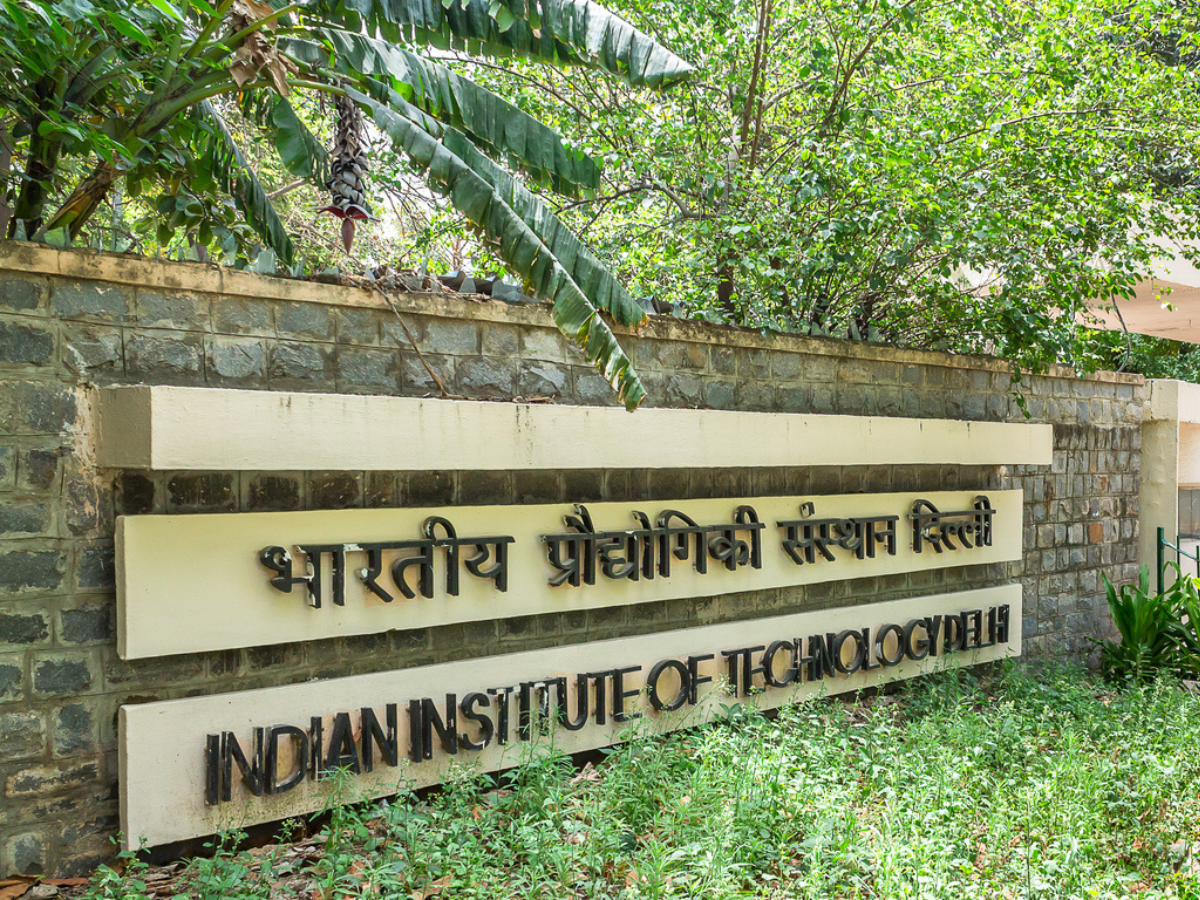India is the second most represented country in Asia for the number of ranked universities (69), after mainland China with 101.
Eleven of the 12 institutes of eminence (IoE) contributed 40% of the country’s total entries, amounting to 180. They also captured 47 of the 69 top 100 Indian positions and 14 of the 21 positions across 55 academic disciplines and five faculty areas in the 14th edition of the rankings.
The most represented Indian universities in this edition of the rankings (excluding the five broad faculty areas) were the University of Delhi (30 entries), Indian Institute of Technology Bombay (28 entries) and Indian Institute of Technology Kharagpur (27 entries).
“One of the biggest challenges faced by India is educational— providing high-quality tertiary education in the face of exploding demand. It should therefore provide some reassurance that the number of Indian programmes featuring across our 55 subject rankings and five broad faculty areas has increased this year,” Jessica Turner, CEO at QS, said in a statement. “Several programmes at India’s three privately-run institutes of eminence have made progress this year, demonstrating the positive role that well-regulated private provision can have in enhancing India’s higher education sector.”
India’s highest-ranked university was Jawaharlal Nehru University for development studies (20th globally, a new entry in this discipline). The next two highest-ranked universities were Indian Institute of Management (IIM) Ahmedabad, debuting in the 22nd position for business & management studies, and Saveetha Institute of Medical and Technical Sciences (deemed to be university), which secured the 24th spot globally in dentistry, and was the only Indian university to achieve a perfect score (100/100) in one of the QS indicators.“While there is still a lot of work to be done to improve standards, access to higher education, universities’ digital readiness and global competitiveness, it is clear that India is taking significant steps in the right direction,” added Turner.India has gained ground, with a 20% improvement in the citations per paper indicator, reflecting a strong research capability. Additionally, there was a 16% growth in the international research network indicator, which measures the volume and diversity of research partnerships.
The Indian School of Mines (ISM) University achieved 44th place in engineering-mineral & mining and stood out for its academic reputation. It secured the highest rank among Indian higher education institutions for this key indicator, placing it on the eighth position worldwide.
Six Indian universities ranked among the world’s top 10 for employer reputation in specific subjects, according to feedback from 98,000 employers surveyed by QS. These include Symbiosis International (deemed university), IIT Bombay and IIT Madras.
The National Institute of Pharmaceutical Education & Research achieved 64th place for pharmacy and pharmacology, and led Indian institutions in research impact, as measured by citations per paper, where it ranked ninth globally within this discipline. Following this, Indian School of Business, ranked globally between 151-200 in business & management studies, stood out for its research quality, securing the 15th position for citations per paper within this discipline.
IIM Ahmedabad secured a global top 25 spot for business & management studies, closely followed by IIM Bangalore and IIM Calcutta, which were in the top 50 worldwide in the same discipline.
The country is also developing as one of the world’s most rapidly expanding research centres. From 2017 to 2022, its research output surged by an impressive 54%, based on data from Scopus/Elsevier, QS’ bibliometric and research affiliate. This increase is not only more than double the global average but also significantly exceeds the output of its more traditionally recognised western peers.
“In terms of volume, India is now the world’s fourth-largest producer of research,” said Ben Sowter, QS senior vice president. “However, in terms of research impact, measured by citation count, India ranks ninth globally for the 2017-2022 period. While it is an impressive result, prioritising high-quality, impactful research and its dissemination within the academic community is the essential next step.”
QS analysed over 16,400 university programmes taught at more than 1,500 universities found in 95 countries and territories. The rankings included 56 subjects, including music, this year’s new addition, and five broad faculty areas: arts & humanities, engineering & technology, life sciences, natural sciences and social sciences & management.
QS World University Rankings by Subject 2024 (including broad faculty areas)
| Declared Institute of Eminence |
2024 entries |
| University of Delhi | 30 |
| IIT Bombay | 28 |
| IIT Kharagpur | 27 |
| IIT Madras | 22 |
| IIT Delhi | 19 |
| Indian Institute of Science | 18 |
| Birla Institute of Technology and Science | 10 |
| Banaras Hindu University | 9 |
| Manipal Academy of Higher Education | 8 |
| University of Hyderabad | 7 |
| O P Jindal Global University | 2 |
| Shiv Nadar University | 0 |











